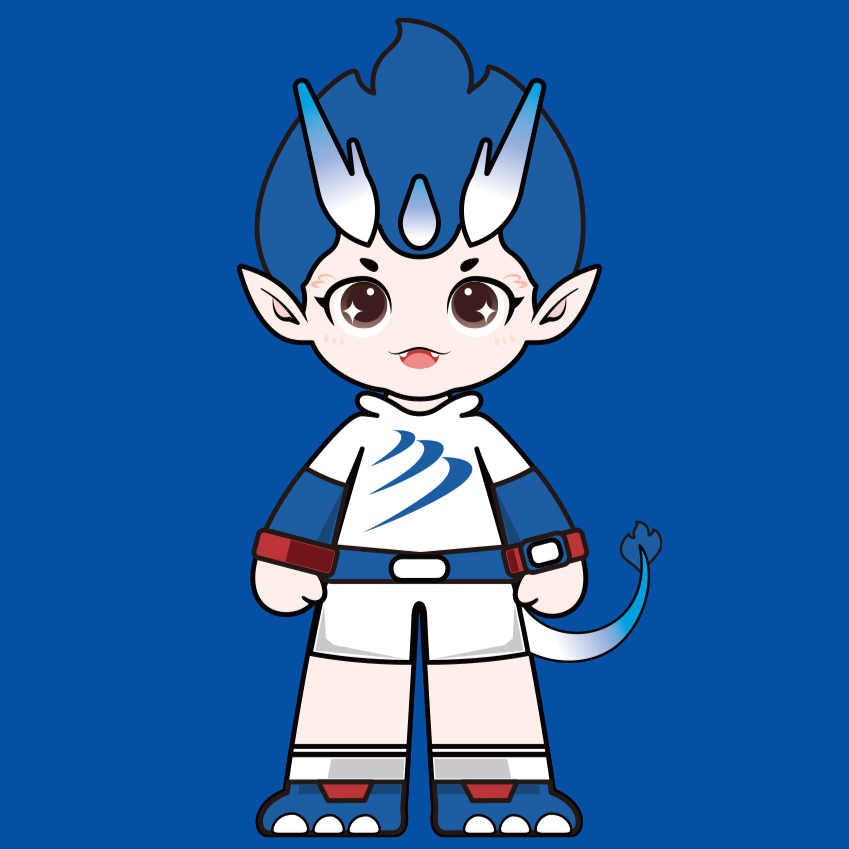
十六种英语时态?
十六种英语时态是一般现在时、现在进行时、现在完成时等。
1.一般现在时(do/does; is/am/are)
①表示现在的情况、状态或特征。
例:He is a student.他是一个学生。
②表示经常性、习惯性动作。
例:He always helps others.他总是帮助别人。
③客观事实和普遍真理。
例:The earth moves the sun.地球绕着太阳转。
④表示一个按规定、计划或安排要发生的动作。
仅限于某些表示“来、去、动、停、开始、结束、继续”等的动词,可以与表示未来时间的状语搭配使用。
常见的用法是:飞机、火车、轮船、汽车等定期定点运行的交通方式。
2.现在进行时(am/is/are doing)
①表示此时此刻正在发生的事情。
例:He is listening to the music now.他现在正在听音乐。
②表示目前一段时间内一直在做的事情,但不一定此时此刻正在做。
例:I am studying computer this term.这个学期我一直在学习计算机。
③现在进行时可以表示将来的含义。
瞬时动词的进行一定表将来。
例:I am leaving.我要离开了。
3.现在完成时(have/has done)
①表示动作到现在为止已经完成或刚刚完成,强调对现在产生的影响。
例:I bought a new house,but I haven't sold my old one yet,so at the moment I have two houses.我买了一所新房子,但是还没有卖掉旧的,所以现在我有两所房子。
②表示从过去某时刻开始,持续到现在的动作或情况,并且有可能会继续延续下去。此时经常用延续性动词。
时间状语常用since加一个过去的时间点,或for加一段时间,或by加一个现在时间。
例:Great as Newton was,many of his ideas have been challenged today and are being modified by the work of scientists of our time.虽然牛顿是个伟大的人物,但他的许多见解直到今天还在受到挑战,并且被现代科学家的工作所修正。
2023-11-26 · 百度认证:云南新华电脑职业培训学校官方账号
 云南新华电脑学校
云南新华电脑学校

参照上表,由第1列至第4列(竖着看)对应的16种时态分别是:
1. 一般现在时,例句: We have six classes every day. 我们每天上六节课。
2. 现在进行时,例句:I am playing computer games now.我正在打电脑游戏。
3. 现在完成时,例句:She has been to New York twice. 她已经去过纽约两次。
4. 现在完成进行时,例句:He has been teaching math for 10 years.他已经教数学10年了。
5. 一般过去时,例句:I bought 2 comic books yesterday.昨天我买了2本漫画书。
6. 过去进行时,例句:We were playing basketball at 6 p.m. yesterday. 昨天下午6点我们正在打篮球。
7. 过去完成时,例句:The train had already left by the time I got to the station.在我到达车站前,火车就已经离开了。
8. 过去完成进行时,例句:At last he got the offer from the university he had been expecting.他终于收到了期盼已久的大学录取通知书。
9. 一般将来时,例句:I will go to Kunming tomorrow.我明天将会去昆明。
10. 将来进行时,例句:I will be doing my homework this time tomorrow.
明天的这个时候我正在做作业。
11. 将来完成时,例句:By this time next year, I will have graduated from the university. 到明年这个时候,我已经从大学毕业了。
12. 将来完成进行时,例句:By the time the sun rises, I shall have been sleeping for nine hours.太阳升起来之前,我已经睡了9个小时了。
13. 过去将来时,例句:I knew that she would be late.我知道她会迟到。
14. 过去将来进行时,例句:They said they would be coming.他们说了他们将要来。
15. 过去将来完成时(较少使用),例句:He said he would have paid me back the money by the end of the weekend. 他说将在周末前还我钱。
16. 过去将来完成进行时(很少使用)【表示动作从过去某一时间开始一直延续到过去将来某一时间。】,例句:He said that by the end of the spring term he would have been studying English for three years. 他说到了春季学期末,他就学了三年英语了。





